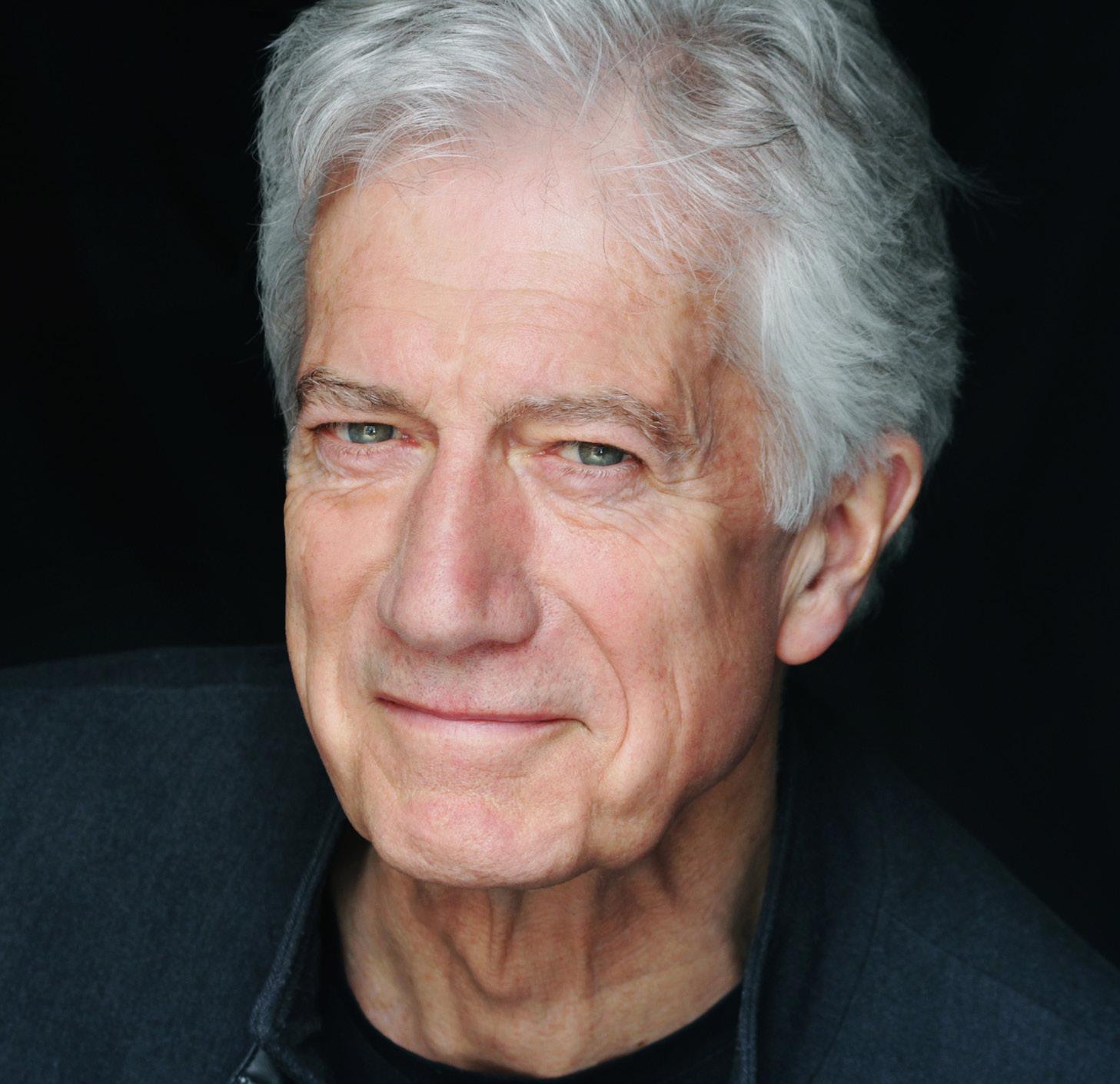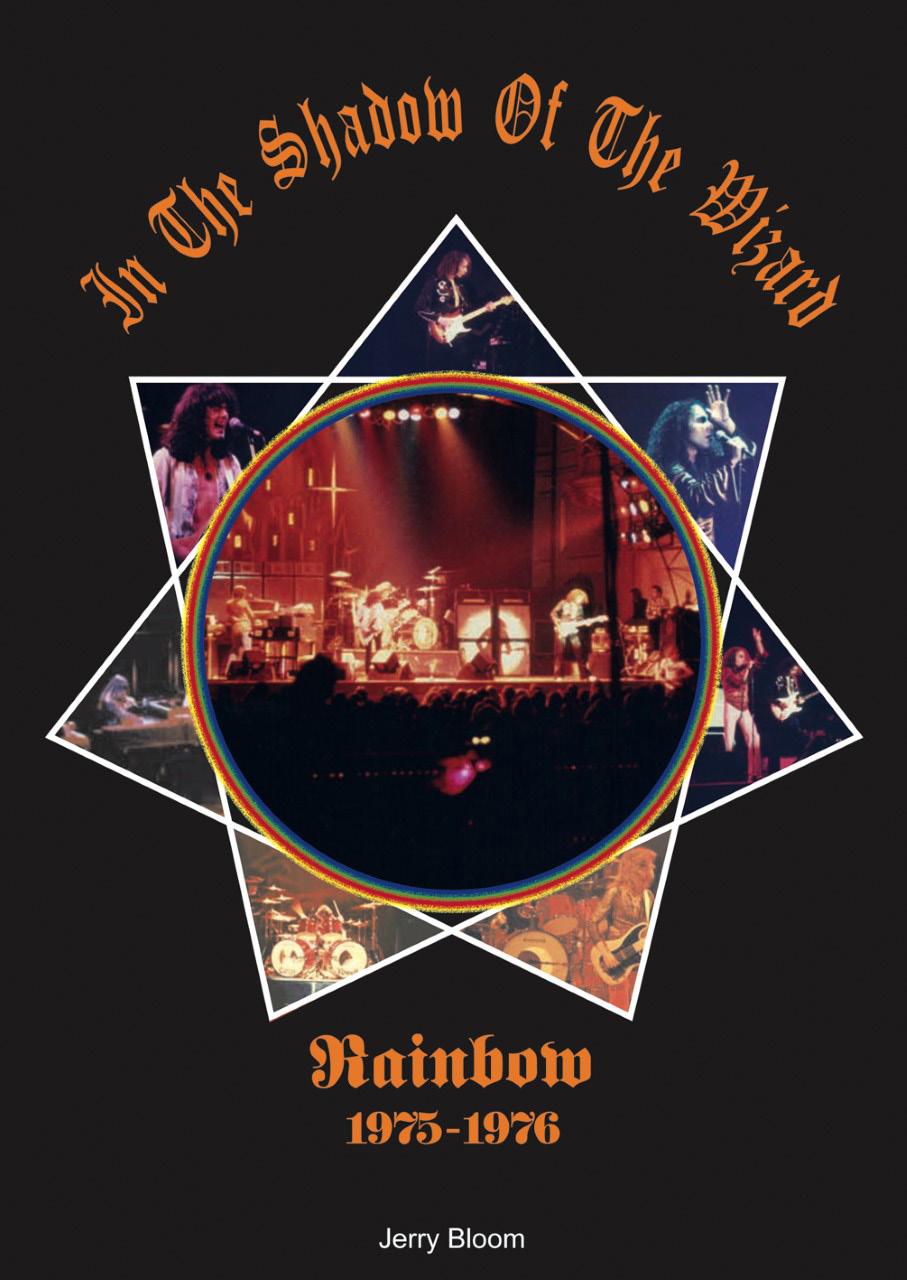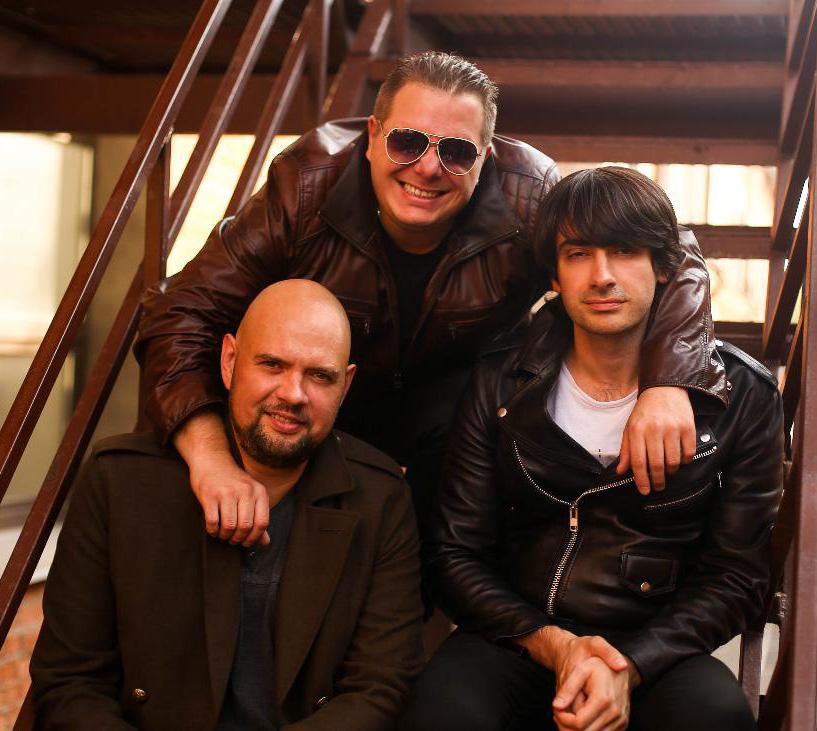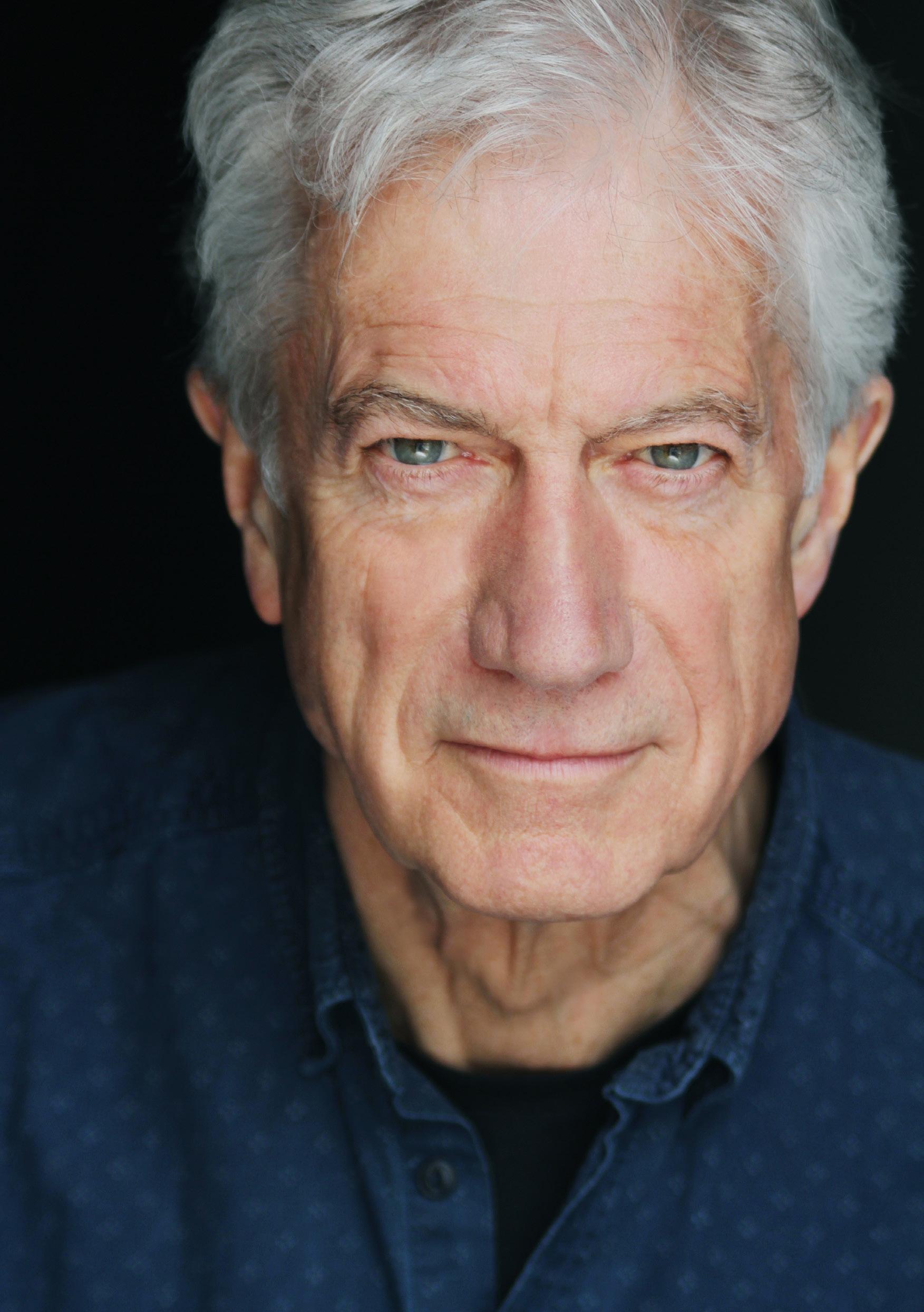
16 minute read
Brian Protheroe
Pinball Wizard
Interview by Alice Jones-Rodgers.
Advertisement
Brian Protheroe has been making entertainment magic with his distinctive voice since the mid-sixties. In 2021, his deep tones and RP accent are best-known for narrating Channel 4’s ‘First Dates’ and its spin-offs, ‘First Dates Hotel’ and in the near future, ‘First Dates Teens’, whilst his considerable acting skills have seen him appear in countless theatre productions spanning six decades and several high profile films including a turn as the co-pilot of Air Force One in ‘Superman’ (1978). Meanwhile, an endless list of television credits have seen him taking on Shakespeare as Edward IV in BBC productions of ‘Henry VI, part 2’, ‘Henry VI, part 3’ and ‘Richard III’ (1982), being seduced by Dorien in ‘Birds of a Feather’ (‘Food for Thought’, S04, E02, 1992) and being scrutinised by Chandler and Jones in ‘Whitechapel’ (S04, EP01/02, 2013). He was last seen playing Graham Parry in last year’s BBC drama series ‘His Dark Materials’ (‘The Cave’, S02, E02).
Whilst Salisbury-born Protheroe has always maintained that he is an actor who happens to also make music, in recent years, his music career, which since the early ‘70s has run concurrently with his acting career, has been reappraised. In 2015, Noel Gallagher applauded his 1974 debut single for Chrysalis Records, ‘Pinball’ and stated its influence on the track ‘Riverman’ from the album ‘Chasing Yesterday’ after being introduced to the song in an L.A. bar by Morrissey, leading to a ressurgence of interest in his music.
Seemingly completely out of sync with the music scene of the time, ‘Pinball’, with its several melodically identical verses, lack of chorus and lyrics telling of love gone wrong in a squalid flat with “fleas in the bedroom ... flies in the bathroom” placed against a building, strangely hypnotic backdrop of acoustic guitar riffing and saxophone courtesy of jazz musician Tony Coe, crept into the UK top 40, peaked at number 22 and found Protheroe performing the song on ‘Top of the Pops’.
‘Pinball’ was featured on his debut album of the same name, also released in 1974 and featuring twelve further tracks full of imaginative and complex wordplay with exquisite and in places, quite ahead of its time, production and lush string arrangements by Del Newman, who, at the same time, was also working with Cat Stevens, Elton John, Carly Simon and Rod Stewart. Last year, Cherry Red Records subsidiary 7ts reissued the album along with Protheroe’s following two albums for Chrysalis Records, ‘Pick Up’ (1975) and ‘I/You’ (1976) in a boxset entitled ‘The Albums: 1974-1976’.
If this wonderful piece of work wasn’t enough, last November also
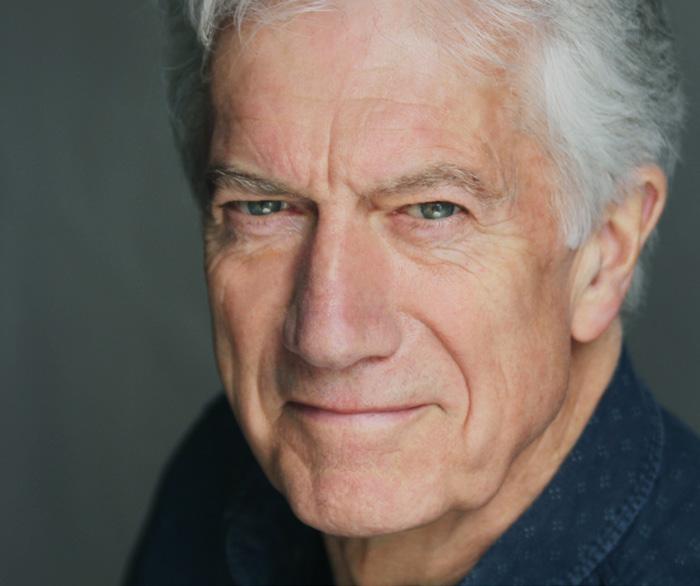
saw Protheroe releasing a brand new album. Entitled ‘Desert Road’, the album brings together a collection of self-released singles made in collaboration with fellow actor and multi-instrumentalist Julian Littman over the last twenty years alongside an unreleased live version of ‘Monkey’ from his debut album and two demos, one being the earliest known version of ‘Pinball’.
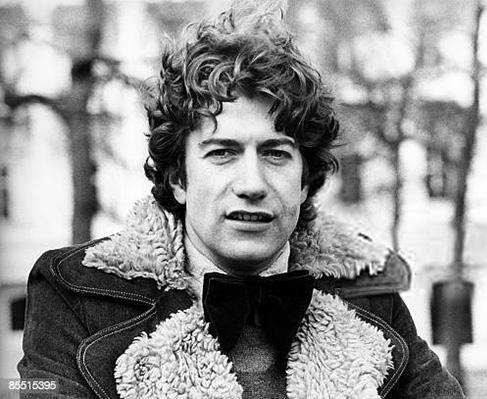
Just before Christmas, we rang Protheroe for a chat about his career in both music and acting and of course ‘Pinball’, a song which nearly half a century after its release continues to grow in stature and has become something of a cult classic.
Firstly, hello Brian and thank you for agreeing to our interview, it is lovely to speak to you. Could we start by asking how you first became interested in music as a listener, how you came to pursue music as a career and a bit about your early career up until signing to Chrysalis Records in 1973?
Yeah, okay, well, I mean, I loved music when I was a young teenager and even before that. I started listening to my Dad’s old 78s and my uncle’s, particularly my uncle’s 78s because he had a 78 of a man called Lonnie Donegan, who was very big in the ‘50s. He started the skiffle craze and he used to do American songs with great energy and humour and I loved him. Yeah, then, of course Elvis came along and that was it, we were all in love with Elvis from the mid to late ‘50s. Cliff Richard then came along with an English rock ‘n’ roll record called ‘Move It’ [1959], which I was very into and it was the first record I started miming to in my bedroom in front of the bedroom mirror, as you do. And then The Beatles, and The Beatles wiped everything else away in sort of ‘62, ‘63. My acting career started in the mid-’60s, ‘66 in my hometown and then I went into the repertory theatre system, which was very prevalent then, which meant you could go into a company of actors and stay there, almost like a proper job, for up to two years and it was there in the late ‘60s

‘68 to ‘70, in Lincoln that I really developed my skills and talents as an actor and a musician, because when you were in a company like that, you had to do everything. So, I was writing music for production companies as well as acting. So that was great and then in the early ‘70s, I was in a play called ‘Death on Demand’ [1973] playing a character called Johnny Tomorrow, who was a pop star, I wrote a tune for some lyrics that the author had written for this character, he liked the end product and he sort of took it round to various record companies. Decca and Chrysalis were interested, so I eventually got to sign with Chrysalis. By that time, I’d already made my own demos. I’d started recording on an old reel-to-reel tape recorder with little demos and they took me on, Chrysalis Records and I did three albums with them. And that’s how it all started. But ‘Pinball’ was my only ... I was a one hit wonder really, although ‘Pinball’ didn’t make much of an impression on the charts in 1974, it got to number 22, but it sort of has grown in stature over the last 46 years and people still like it, so
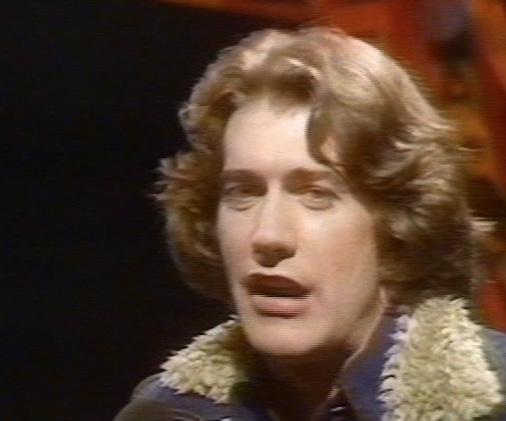
Starring in the theatre rock musical ‘Leave Him to Heaven’, 1976
that’s great.
Of course, by the time you signed to Chrysalis, you were already an established actor, having starred in, amongst other stage and television productions, the TV series ‘Frontier’ (1968) and ‘The Rivals of Sherlock Holmes’ (1968) and in the same year as releasing your debut album ‘Pinball’ in 1974, you appeared in one episode of the BBC television series ‘Masquerade’ (‘Something Down There is Crying’, S01, E04) alongside Elkie Brooks and Stephen MacKenna. At this point in time, did you have preference for either music or acting and how did you come to sign to Chrysalis Records?
‘The Rivals of Sherlock Holmes’ was a small part, but at least I was starting to get parts in television. Acting was the world that I was most comfortable in. I loved being in the studio as a musician. When I was taken on by Chrysalis, that first album, the ‘Pinball’ album was a real joy to work on in the studio. I couldn’t really believe my luck. And
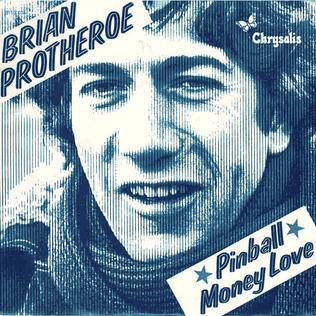
so, at that time I suppose, music was slightly dominating the acting career, but overall, acting has predominated because I felt more comfortable in that world than I do, really, in the complete music business. I love being in the studio, but not so much all the other stuff that you have to do, to encompass, to be a successful pop star or musician or whatever. Even when I was very successful as an actor, I’ve always come back to music and I mean, I still play music now. I still play the piano every day, every morning for about an hour and still write songs. I’m still working on songs and decided to put this album [‘Desert Road’, 2020] out of the songs that I’ve been working on for the last twenty years.
The song with which you have become most associated with, ‘Pinball’ (from the album of the same name) was released as a single in 1974. I have seen you describe the song as “a diary entry for a particular weekend in 1973”. What are your memories of writing and recording the song?
I don’t actually remember recording the song [laughs]. Well ... no, I don’t remember recording the song. I remember the feelings I was going through and the stuff I was going through at the time, because I’d just split up with a girlfriend, I was living in Covent Garden, just behind the Cambridge Theatre in Shelton Street. And I had no money to speak of, I had no job and I was living with a couple of friends, so that was nice, I had a bit of support, and I used to play the pinball machine in a local pub round the corner from where I was living. And so, yes, I just started writing this song ... a very simple song, almost a folky sort of song about, well, as you mentioned, just like a diary entry of what I was doing at the time. So, that was it and I can’t really remember recording it in the studio, that song specifically. I mean, I loved being in the studio and working with top musicians but I don’t remember that song particularly actually.
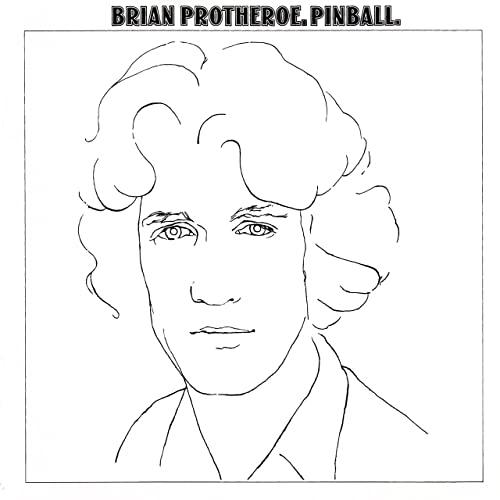
‘Pinball’ reached number 22 on the UK singles chart and spent six weeks in the top 40, during which time, you
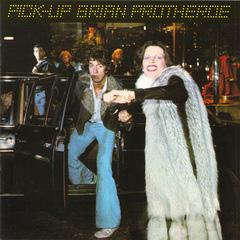
appeared on ‘Top of the Pops’. I believe there is a story about refusing to wear a velvet suit for the performance. Could you tell us about this?
Well, I went into the Chrysalis record company, the head of Chrysalis Records and he got his cheque book out and said, ‘Right, you’re on ‘Top of the Pops’, you need a suit’ and I didn’t want to do that. I didn’t want to dress up specially, because the song is not glam rock, it’s not rock ‘n’ roll, you know, I didn’t need to present an image, an image that wasn’t me for the song, so obviously, you know, I wasn’t going to wear any sort of flashy suits or anything. I just wanted to wear what I normally wear, just jeans and a jean jacket, as I did on ‘Top of the Pops’. So, that was why and that was the beginning [laughs] of me feeling slightly uncomfortable with what was required by the record company. So, it was an uneasy relationship for about three years until they finally thought, ‘Right, well, we’re not going to get
what we want!’ [laughs]. The track was critically acclaimed upon release but in more recent years, Noel Gallagher, who was apparently introduced to the track by Morrissey in an L.A. bar, has cited ‘Pinball’ as an influence on the track ‘Riverman’ from the 2015 album ‘Chasing Yesterday’. When did you first become aware of Noel Gallagher and Morrissey’s fondness for ‘Pinball’ and did the resurgence of interest in the song because of it come as a surprise to you?
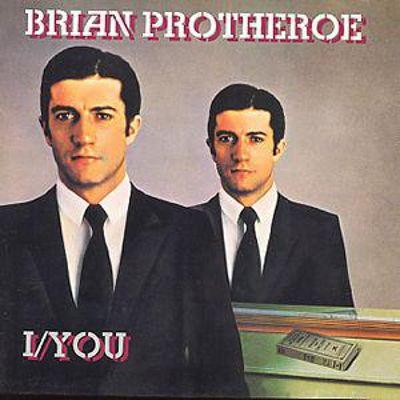
Well, it didn’t suddenly happen, it’s sort of been around ... I mean, I think that may have given it a little boost, the story about Noel and Morrissey, but I think it had already begun. I mean, it was being played on, for instance, ‘Sounds of the 70s’ [BBC Radio 2], Johnnie Walker and [BBC] Radio London’s Robert Elms played it regularly, you know, and used to invite me on his programme. I can’t remember the year that I was introduced to that story about Noel and Morrissey, but someone sent me a sound file of him being interviewed. [I
In ‘Whitechapel’, 2013
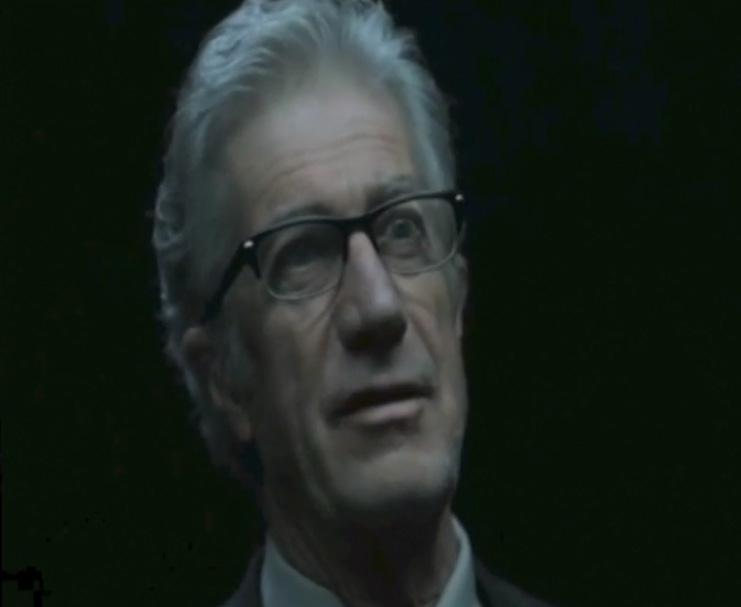
tell Brian that the ‘Chasing Yesterday’ album was released in 2015]. Yeah, that sounds right, it would have been about five years ago.
Earlier this year, 7ts, a subsidiary label of Cherry Red Records released ‘The Albums: 1974-1976’, a 3CD set featuring your first three albums, ‘Pinball’ (1974), ‘Pick Up’ (1975) and ‘I/You’ (1976). Do you have a favourite album out of the three included and why?
For different reasons, but I suppose ‘Pinball’, the first one, I would pick, really because it’s a lovely mixture, an eclectic mixture of different styles, from the funky ‘Monkey’ track to quite sort of string-laden romantic songs and interesting musical genres. There’s a song called ‘Money Love’, which was the B-side of ‘Pinball’ [single], which was in 7/4 time. I loved jazz at that time. I was listening to Dave Brubeck and I loved the strange time signatures. So, I think ‘Pinball’, just because it was the first. It was probably the most enjoyable to record because it was the first. My only regret with the first album was that I didn’t play the basic track with a rhythm section, with drums and bass. They were added later, so some of the timings are slightly odd. But the songs are great and I’m very proud of it still.
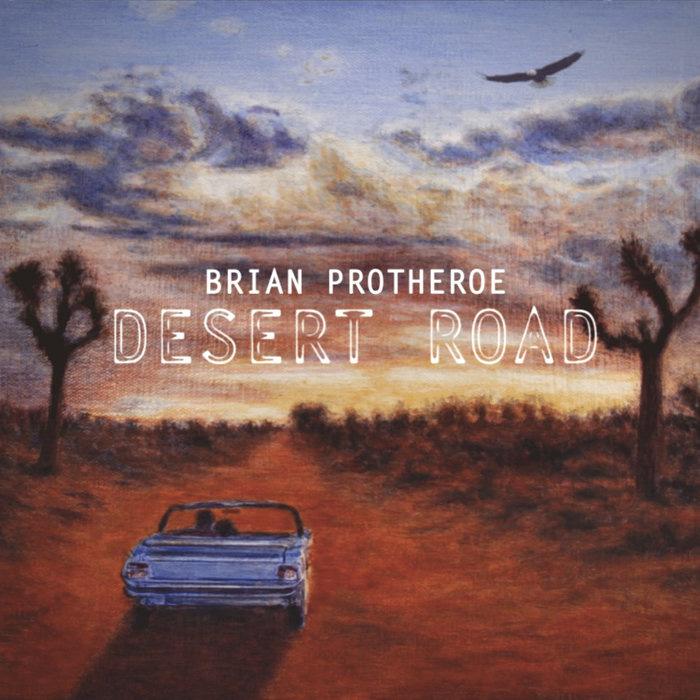
Your tenth album, ‘Desert Road’ was released in November. Could you tell us a bit about the writing and recording process of the album and have you been pleased with the reaction to it?
Yep, very, very pleased, yes. The reaction is not that important to me really. Well, I suppose it is in the end, but it was something that I thought I needed to do because I hadn’t ... Over the last twenty years, twenty-five years, I’ve been occasionally putting the odd single out. I’m not a prolific songwriter, so the songs come very occasionally, so I hadn’t had enough material to put into an album until now, so I thought I’d collect the songs that I’d been self-releasing digitally over the last twenty-years and put them into
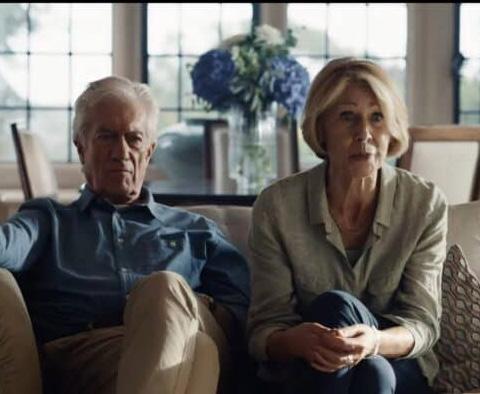
With Jane How in ‘His Dark Materials’, 2020 As co-pilot of Air Force One in ‘Superman’, 1978
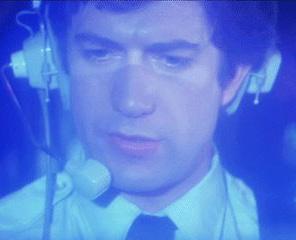
a collection with one new song, with a remix of a song from the ‘90s and two demos, one of which was the original ‘Pinball’. So, I thought I’d do it properly, so I got a friend of mine ... I commissioned a painting from a friend of mine. I had an idea for an image for the album cover, which was related to an image in the new song, which is called ‘All the Stars’, of a desert road with a car driving away into the sunset. So, that was it. I’m very pleased with how it’s turned out, I got a great designer and I did some of the design myself and it was just a pleasure to put together. Yeah, and I’m very proud of it. Yeah.
Of course, your acting and voice-over career continues alongside your music career. You have been the voice of Channel 4’s ‘First Dates’ since 2013, whilst your latest acting role was as Graham Parry in the BBC’s ‘His Dark Materials’ (2020). Having been appearing on our television and cinema screens for over fifty years, are there any roles that stick out in your mind as favourites and why?
On television, waaah, I don’t know. It’s mainly in the theatre that I’ve had the most satisfying roles. I mean, at the end of the ‘80s and early ‘90s, I had a series of television series. There was one called ‘Gentlemen and Players’ [ITV, 1988-1989] in the late ‘80s; there was one called ‘Shrinks’ [BBC, 1991], where I was playing a sex therapist in the early ‘90s; there was a Geoffrey Archer mini-series called ‘Not a Penny More, Not a Penny Less’ [BBC, 1990], but they weren’t as satisfying as parts that I would normally get in the theatre. They were great fun, but I have had more satisfying work in the theatre as far as acting is concerned.
One particular acting role that I wanted to ask you about was your appearance as the co-pilot of Air Force One in ‘Superman’ (1978). What are your memories of being part of the making of this classic film?
Yeah, well, I was cast in that because
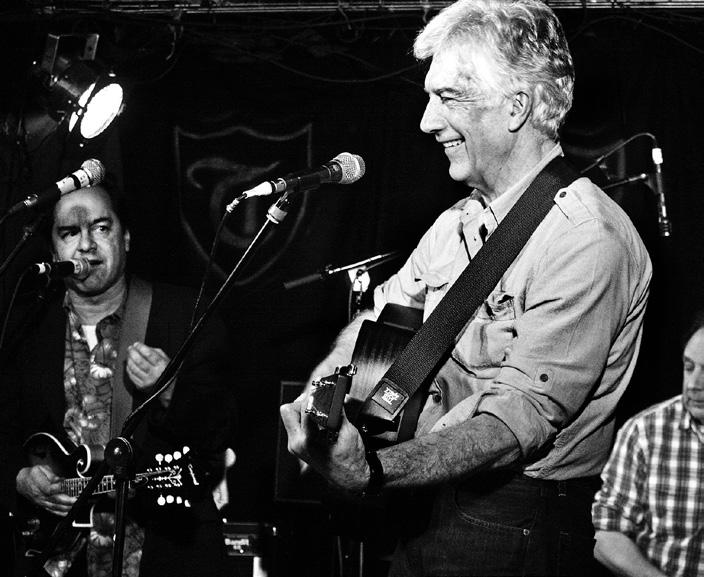
I fitted the costume. The actor who was originally cast couldn’t do it and I was the same size as him and that’s how I got the part. It was filmed in Pinewood Studios, North London, and I was there for about a week, because although it was only one scene, we were what they call ‘weather cover’. So, we were standing by for a week in case it started to rain and they couldn’t do the outside scenes with Christopher Reeve. I think there were about four of five of us in a little cockpit, which was being shaken up and down, while we were being filmed, by the crew and making a terrible noise, as a result of which, they couldn’t really hear my dialogue, so in the end, I was dubbed. I was dubbed with an American accent, so you hear this almost Mickey Mouse voice saying, ‘Hi, this is Air Force One. Can we have the latest weather report?’ That was what I remember.
These days, how do the two sides of your career, actor and musician co-exist in comparison to how they did in the mid-’70s? Do you consider yourself as an actor who is also a musician or vice-versa?
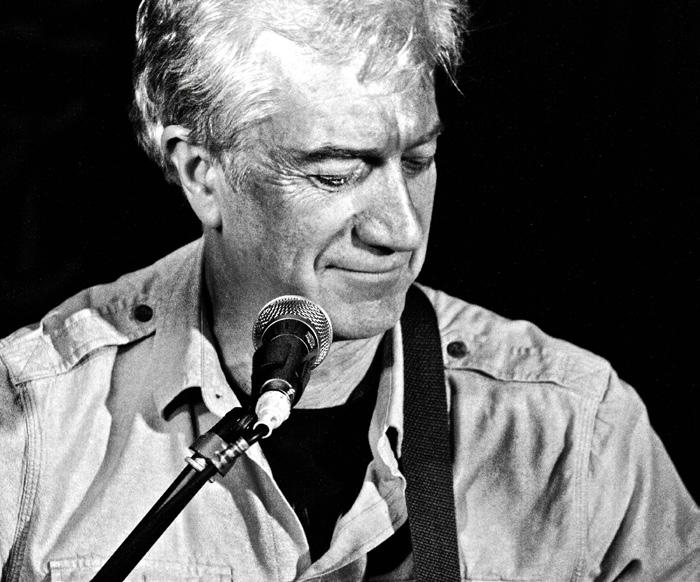
It depends. This year [2020], because of lockdown, I’ve been more of a musician than an actor, apart from the voice-over work that I do. So, music has slightly gone ahead in that respect. But, generally speaking, I think of myself as an actor who is also a musician. But music is a very strong part of my life. I’ve worked on all the songs on the album with the same producer and multi-instrumentalist as I have for the last twenty years. His name is Julian Littman, he plays with Steeleye Span and we’ve known each other since the early ‘80s and he’s a great friend and a very talented musician. So, I couldn’t have done it without him really and also, he’s been involved in the live performances I’ve done over the last ten, fifteen years or so.
Finally, what can we expect from you in 2021 and beyond?
No idea at all. It depends. Who knows what’s going to happen next year? I
mean, presumably, this vaccine will mean that we have some sort of new normality, I don’t know, from Easter or a bit later maybe. I’m not particularly keen on doing anymore live performances. If I did, it would be in a small venue, about a hundred-seater, and with a simple set-up. Maybe like an unplugged set-up in a small venue. And I hope to continue doing ‘First Dates’, because that’s terrific. I’ve just started a teenage version of ‘First Dates’, ‘First Dates Teens’, which will be on in the New Year, which is great fun. It’s lovely, yeah.
Thank you for a wonderful interview. We wish you all the best for 2021 and for the future.
brianprotheroe.co.uk
www.facebook.com/ protheroespace
